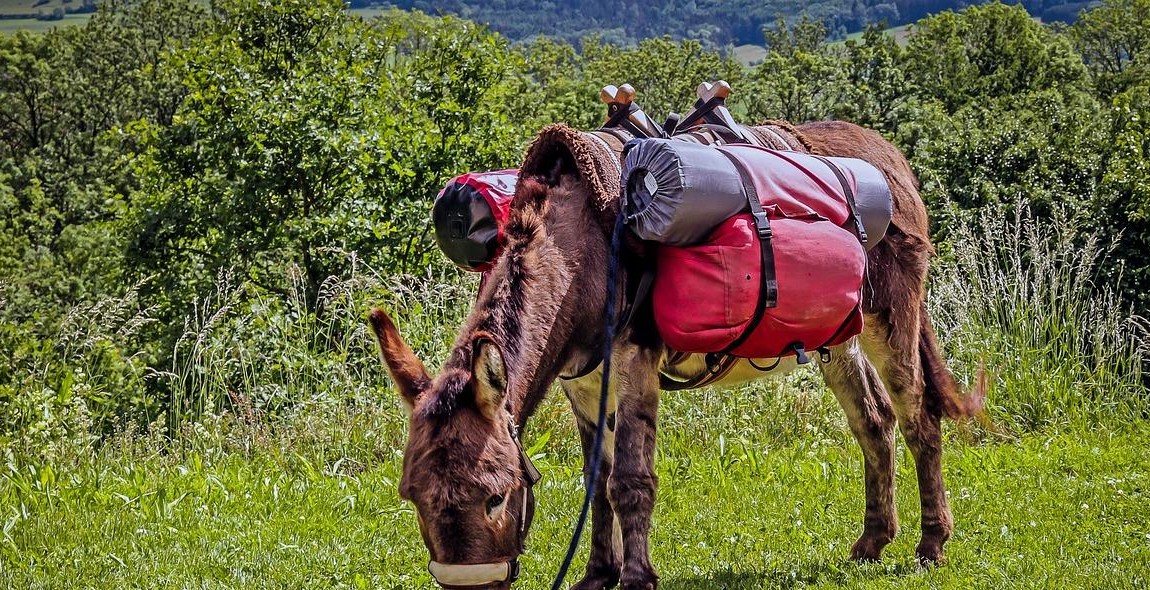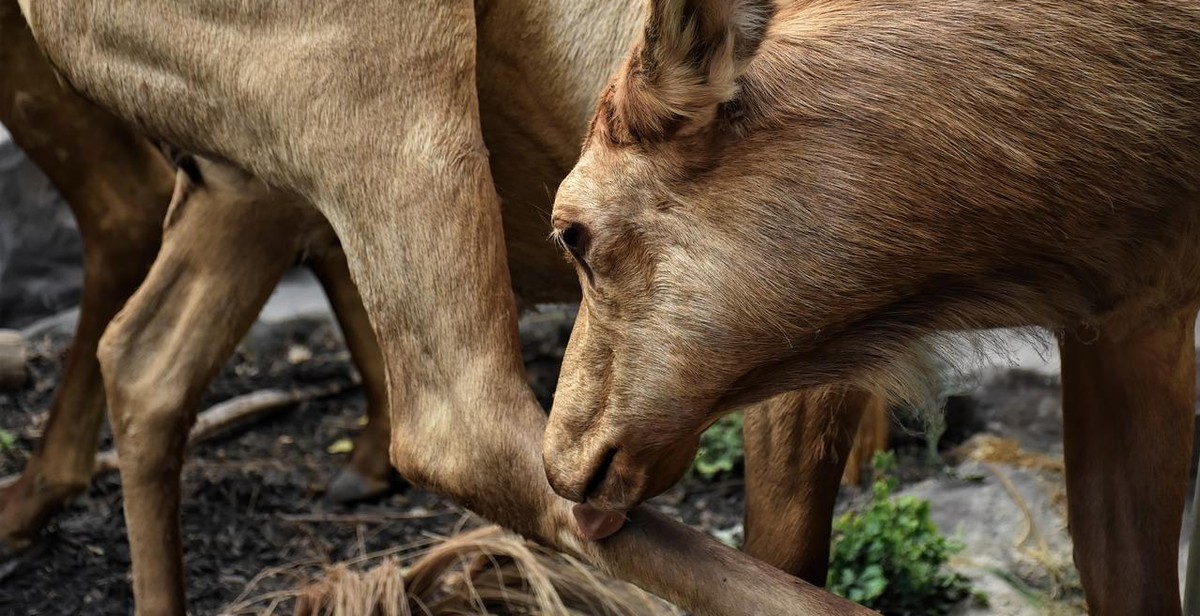How to Care for Mules: Feeding, Grooming, and Health Maintenance
As a seasoned mule owner, I have learned that caring for these animals requires a unique approach that differs from horses and donkeys. Mules are intelligent and hardy animals that can serve various purposes, including transportation, farming, and recreational riding. However, their well-being depends on proper feeding, grooming, and health maintenance practices.
Feeding Mules
Mules are herbivores and require a diet that consists mainly of hay and grass. However, their nutritional requirements vary depending on factors such as age, weight, and activity level. In addition to hay and grass, mules may also benefit from supplements such as grains, bran, and minerals.
Grooming Mules
Grooming is an essential part of mule care. It involves brushing their coats, cleaning their hooves, and checking for any signs of injury or illness. Mules also require regular dental care to prevent dental issues that can affect their overall health.
Health Maintenance
Mules are generally healthy animals, but they can still be susceptible to various health issues such as colic, lameness, and skin problems. To maintain their health, mules require regular veterinary check-ups, vaccinations, and parasite control.
In conclusion, caring for mules involves a comprehensive approach that covers feeding, grooming, and health maintenance. By following these practices, mule owners can ensure their animals remain healthy and happy for many years.

Feeding Mules
Feeding mules is an essential part of their care. Mules require a balanced diet that includes hay, forage, grains, and supplements. Understanding their nutritional needs is important to ensure their health and well-being.
Understanding Mule Nutrition
Mules are herbivores and require a diet that is high in fiber and low in protein. They have a unique digestive system that is different from horses and requires a different approach to feeding. Mules have a slower metabolism, which means they need less feed than horses to maintain their weight. Overfeeding mules can lead to obesity and other health problems.
Hay and Forage
Hay and forage are the foundation of a mule’s diet. Good quality hay should be available at all times, and it should be free of mold and dust. Mules can eat a variety of forage, including grass, alfalfa, and clover. The type of forage you choose will depend on your mule’s age, activity level, and overall health.
Mules also need access to pasture. However, it’s important to monitor their grazing, as they can easily overeat and gain weight. You may need to limit their grazing time or use a grazing muzzle to prevent overconsumption of grass.
Grains and Supplements
Grains and supplements can be added to a mule’s diet to provide additional nutrition. However, it’s important to choose the right type of feed and to feed it in moderation. Mules have a low tolerance for starches and sugars, so it’s essential to choose a feed that is low in these ingredients.
Common grains that are fed to mules include oats, barley, and corn. However, these grains should be fed in small amounts, and they should be properly processed to ensure digestibility. Supplements such as salt, minerals, and vitamins can also be added to a mule’s diet to ensure they are getting all the nutrients they need.
| Feed Type | Amount | Frequency |
|---|---|---|
| Hay | 1-2% of body weight | Free choice |
| Grains | 1-2 lbs per day | 2-3 times per day |
| Supplements | As directed | As directed |
Feeding mules is an important part of their care. Understanding their nutritional needs and providing them with a balanced diet that includes hay, forage, grains, and supplements will help ensure their health and well-being.

Grooming Mules
Grooming is an essential part of caring for mules. It not only keeps them looking good but also helps prevent health issues. Regular grooming can prevent skin irritations, infections, and other health problems. Here are some tips on grooming your mule:
Brushing and Combing
Brushing and combing your mule is important to keep their coat clean, healthy, and shiny. Use a stiff-bristled brush to remove dirt, dust, and loose hair. Start brushing from the neck and work your way down to the tail. Be sure to brush in the direction of the hair growth to avoid causing discomfort to your mule. A rubber curry comb can also be used to loosen dirt and hair before brushing. Use a soft-bristled brush to brush the face, ears, and legs.
Regular brushing and combing can also help distribute natural oils throughout the coat, keeping it healthy and shiny. It also helps to prevent matting and tangling of the hair, which can be uncomfortable for your mule.
Bathing
Bathing your mule is not necessary unless they are extremely dirty or have a skin condition that requires it. However, if you do decide to bathe your mule, make sure to use a horse shampoo that is pH balanced and specifically designed for equine use. Avoid using human shampoos or dish soap as they can be too harsh and cause skin irritation.
When bathing your mule, use warm water and a sponge or soft-bristled brush. Be sure to rinse thoroughly to remove all soap residue. After bathing, use a sweat scraper to remove excess water and then towel dry your mule. Avoid using a hairdryer as it can be too noisy and stressful for your mule.
Hoof Care
Proper hoof care is crucial for the health and well-being of your mule. Regular hoof trimming is necessary to prevent overgrowth and avoid potential injuries. A farrier should be consulted for proper hoof trimming and maintenance.
In addition to regular trimming, daily hoof cleaning is also important. Use a hoof pick to remove dirt, rocks, and debris from the hoof. Check for any signs of thrush, a common bacterial infection that can affect the hoof. If you notice any signs of thrush, consult your veterinarian for treatment.
Applying a hoof conditioner can also help keep your mule’s hooves healthy and strong. Look for a conditioner that contains natural ingredients like lanolin, beeswax, or coconut oil.
In conclusion
Grooming your mule is essential for their health and well-being. Regular brushing and combing, occasional bathing, and proper hoof care can help prevent health issues and keep your mule looking and feeling their best.
Health Maintenance for Mules
As a mule owner, it’s important to keep your animal healthy and happy. This means providing proper nutrition, grooming, and regular health maintenance. Here are some tips for keeping your mule in good health:
Vaccinations
Just like any other animal, mules require vaccinations to protect them against diseases. Talk to your veterinarian about which vaccinations your mule needs and when they should receive them. Common vaccinations for mules include tetanus, influenza, and West Nile virus.
Deworming
Mules are susceptible to internal parasites, which can cause weight loss, colic, and other health issues. Deworming your mule on a regular basis can help prevent these problems. Your veterinarian can recommend a deworming schedule based on your mule’s age, lifestyle, and other factors.
Regular Check-ups
It’s important to have your mule checked by a veterinarian on a regular basis. This can help catch any health issues early, before they become more serious. Your veterinarian can perform a physical exam, check your mule’s teeth and hooves, and recommend any necessary treatments or preventative measures.
| Month | Dewormer |
|---|---|
| January | Ivermectin |
| April | Pyrantel Pamoate |
| July | Ivermectin |
| October | Praziquantel |
- Consult with your veterinarian for a personalized deworming schedule
- Always follow the instructions on the dewormer label
- Practice good hygiene to prevent the spread of parasites
